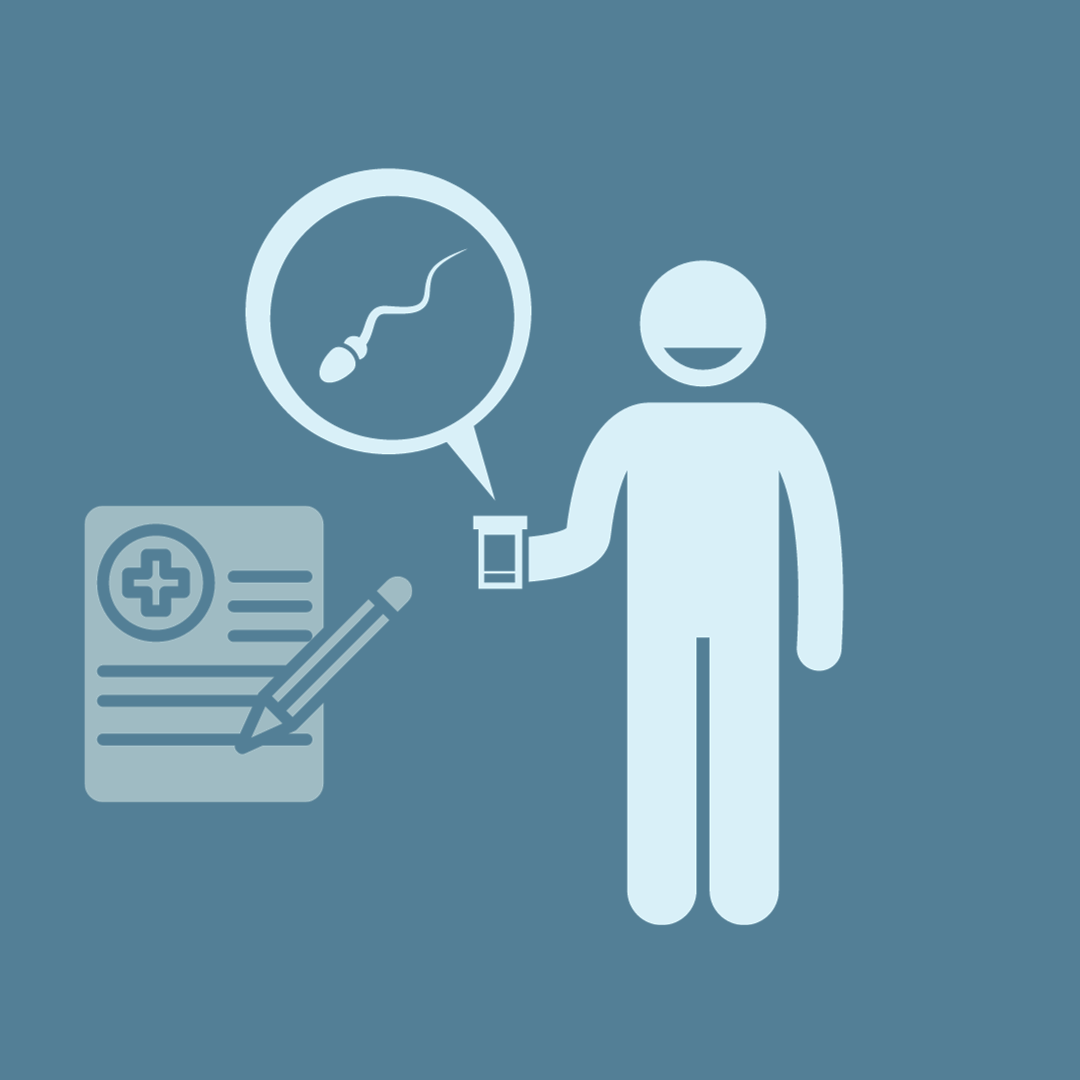Neurodivergent gamete donors should not be automatically excluded
By Dorian Accoe,
BioNews
| 09. 15. 2025
Many fertility clinics and gamete banks exclude candidate donors who are neurodivergent or have a family history of neurodivergence. Neurodivergence refers to a form of neurocognitive functioning that diverges from neurotypical or socially dominant norms, such as autism, attention deficit and hyperactivity disorder (ADHD), and dyslexia.
Guidelines from the American Society of Reproductive Medicine explicitly state that candidate donors with a personal history or a first-degree relative with autism should be excluded; while ADHD should be considered on a case-by-case basis. There is no general European directive regarding this matter, so the decision is up to clinics and gamete banks. In 2016, the UK's largest sperm bank rejected candidate donors based on neurodivergence (see BioNews 834).
The exclusion of neurodivergence in donor conception can also extend to practices after donation. When a donor-conceived child is neurodivergent, the further use of those donor gametes is sometimes restricted. This is in line with the policy of some clinics to restrict the further use of donor gametes following new genetic (risk) information. According to our Belgian study, about 13 suspected or...
Related Articles
By Diaa Hadid and Shweta Desai, NPR | 01.29.2026
MUMBRA, India — The afternoon sun shines on the woman in a commuter-town café, highlighting her almond-shaped eyes and pale skin, a look often sought after by couples who need an egg to have a baby.
"I have good eggs,"...
By Steve Rose, The Guardian | 01.28.2026
Ed Zitron, EZPR.com; Experience Summit stage;
Web Summit 2024 via Wikipedia Commons licensed under CC by 2.0
If some time in an entirely possible future they come to make a movie about “how the AI bubble burst”, Ed Zitron will...
By Arthur Lazarus, MedPage Today | 01.23.2026
A growing body of contemporary research and reporting exposes how old ideas can find new life when repurposed within modern systems of medicine, technology, and public policy. Over the last decade, several trends have converged:
- The rise of polygenic scoring...
By Daphne O. Martschenko and Julia E. H. Brown, Hastings Bioethics Forum | 01.14.2026
There is growing concern that falling fertility rates will lead to economic and demographic catastrophe. The social and political movement known as pronatalism looks to combat depopulation by encouraging people to have as many children as possible. But not just...




